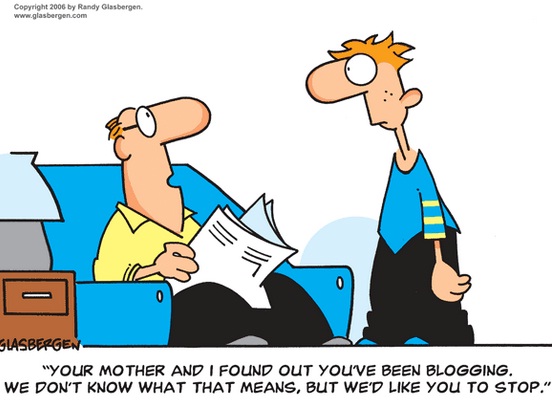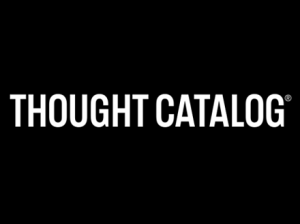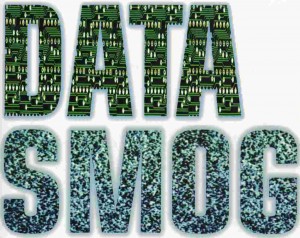Since arriving in Australia two years ago, I think I’ve been shut off from the world, without direct information on news in my home country it gets me annoyed sometimes. As much as I love Australia, I find myself seeking online platforms for worldwide news and looking out for what goes on around the world.
I’m in a bubble, so big I can’t seem to be able to pop it.
Alas, comes the help of the internet. But it didn’t help that I just moved into my new apartment and didn’t have any internet connection set up till a month in. We were gasping in desperation to be connected once again to society. We drove to Maccas for free wireless and got excited each and every time we saw a sign that reads “free-wifi” outside the store.
What has become of us? Are we really that desperate for the internet? Do we really feel that desperation to be connected to the world via an online network? We’ve become to dependent on the internet and I don’t know if that’s really a good thing.
Maybe because we’re so far from home or facing the computer screen has developed into a habit. A bad habit at that. It’s scary that there are even counselling services for those with computer games or internet addiction. No one had problems going about their everyday life before the internet came about. But we must not forget that the internet brought about a smaller world. Before the existence, the world seemed huge, everyone was literally trapped in their own bubble, in their own towns and everyone knew everyone.
But now, as far away as Australia is from the other continents I still have my internet to keep up with times and what goes on in other cities. I want to know that my friends who are overseas are safe and that the economy isn’t affecting my family’s business back home. As much as I hate to admit my “addiction” it is the only way I am connected and networked to the world.










